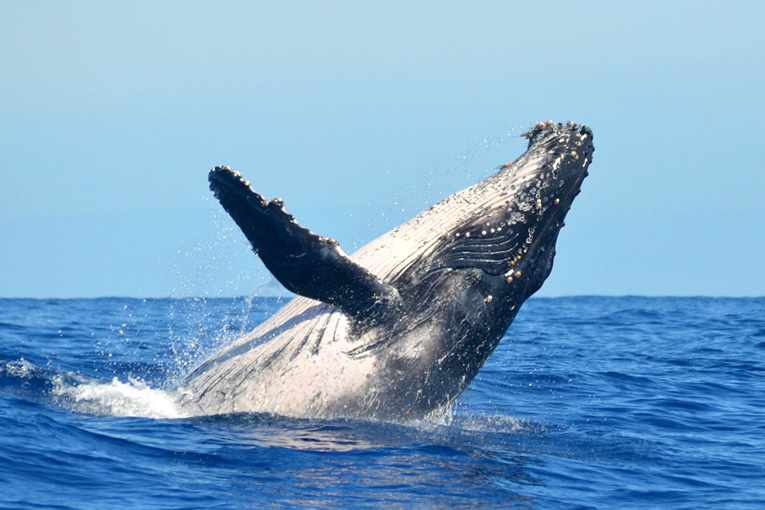The latest edition of the training course, which held five training sessions in February 2022, involved more than 1500 participants, coming from more than 35 Countries, 14 of which were EU Member States.
The training course was co-organized by the GFCM and RCG Med&BS, in the context of the Medbycatch Project and the EU Data Collection Framework. Moreover, four regional organizations working on marine mammals, sea turtles, seabirds and sharks and rays were involved.
A comprehensive set of materials was used in during the course including: four good practice guides for handling vulnerable species incidentally caught in fisheries available in eight languages, one manual for the Monitoring the incidental catch of vulnerable species in Mediterranean and Black Sea fisheries, one bibliographic review on the Incidental catch of vulnerable species in Mediterranean and Black Sea, and more than five ID-field guides for marine mammals, sea turtles, elasmobranchs, seabirds and microbenthic invertebrates. 10 senior experts from the five Mediterranean subregions held the lectures by means of more than 500 slides and many videos, showcasing practical examples and real scenarios from the field.
Highlights from the sessions:
- marine mammals – dolphins and whales species regularly occurring in the Mediterranean and in the Black Sea were described to the audience by the experts with insights on subregional fisheries-interactions and occasional occurrences; an overview on the state of the monk seal population and current threats was also given. Participants mostly appreciated the intervention of a senior veterinary who explained the possible consequences for dolphins after exposure to fishing gear and the best practices to handle these animals in the safest way possible.
- sea turtles – participants were trained about the correct identification keys of the sea turtles species present in the region. The audience also agreed on the need to report and to collect data, not only about sea turtles eventually bycaught, but also on the type of fishing gear, on the catch composition, on the fishing effort, as well as on hot-spot areas were bycatch of sea turtles is recurring. The audience recognized that all this information is fundamental to identify priority areas for the implementation of bycatch mitigation measures.
- elasmobranchs – attendees highly appreciated the insights to recognize the various species with focus to those belonging to Annex II and III of the Barcelona Convention Protocol concerning Specially Protected Areas and Biological Diversity in the Mediterranean. Clear and practical indications were provided to recognize these species that often pose identification problems also to well-trained scientific observers. The audience also appreciated the proposed innovative approach regarding handling and return of sharks at sea, including of big individuals, to ensure the conservation of these vulnerable animals. Practices to avoid during the handling were as well explained.
- seabirds – one of the most challenging groups to identify at the species level presented by means of professional photos taken at sea to teach observes to identify in the correct manner seabirds’ species occurring in the Mediterranean Sea. Participants highly valued the explanations on the intraspecific variabilities of juveniles and adults as well as of plumage, which could change with the light and the weather conditions. Indeed, some individuals of the same species are often misidentified due to such aspects.
- macrobenthic invertebrates – attendees welcomed the ‘morphological approach’ that was proposed by the lecturers to identify quickly on the vessel deck, from their external shape, the most common groups of sponges and corals incidentally caught in Mediterranean and Black Sea fisheries. The audience also appreciated the tips and practical suggestions provided to recognize ‘fake corals’ and ‘fake sponges’ that are often confused with actual sponges and corals.
All training materials from the course: guides, presentations, recordings, etc., are available for download here
